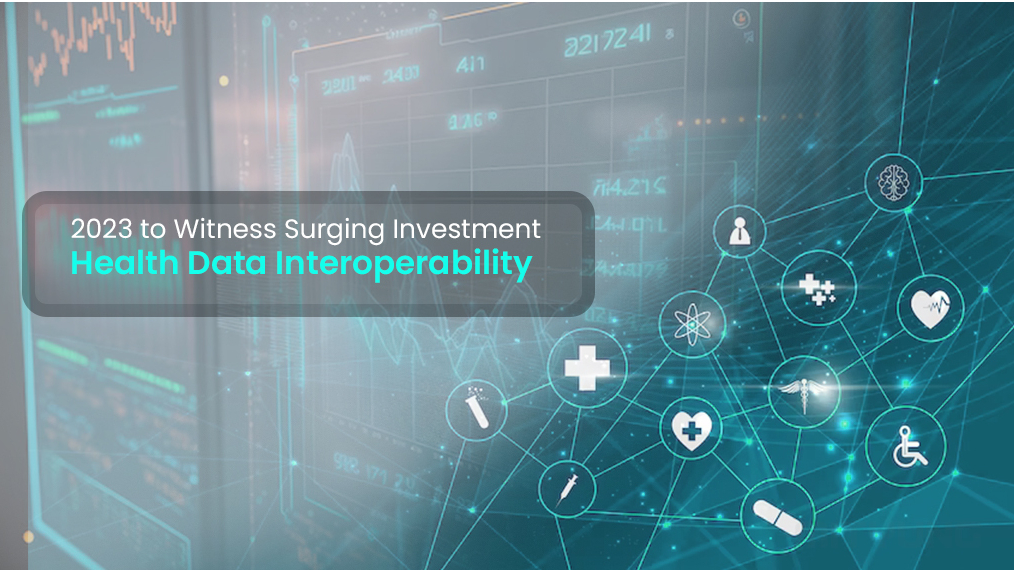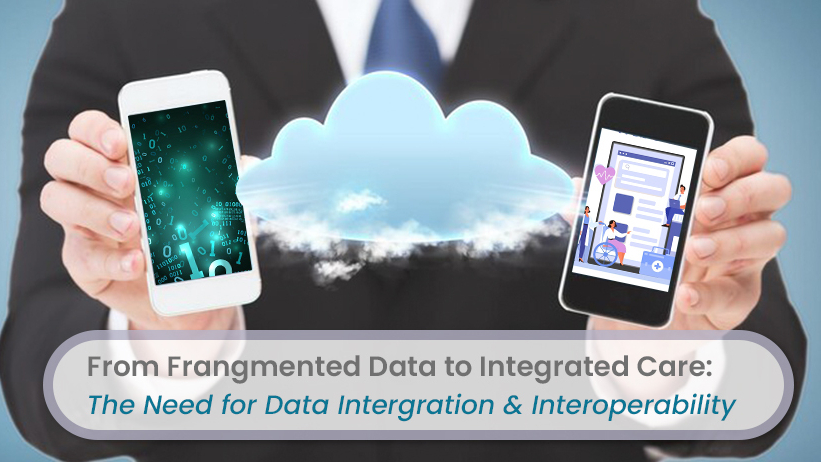-
Our Services
-
Healthcare IT Solutions
-
IT Consulting Services
-
Data Science
-
Cloud Computing
-
Information Security Solutions
Related Post

Healthcare
May 5, 2023
2023 to Witness Surging Investment in Healthcare Data Interoperability
The economic inflow in healthcare industry has peaked up in last few years as he...

Healthcare
May 26, 2023
From Fragmented Data to Integrated Care: The Need for Data Integration and Interoperability
Introduction:In the vast realm of healthcare, patient data is like pieces of a p...
